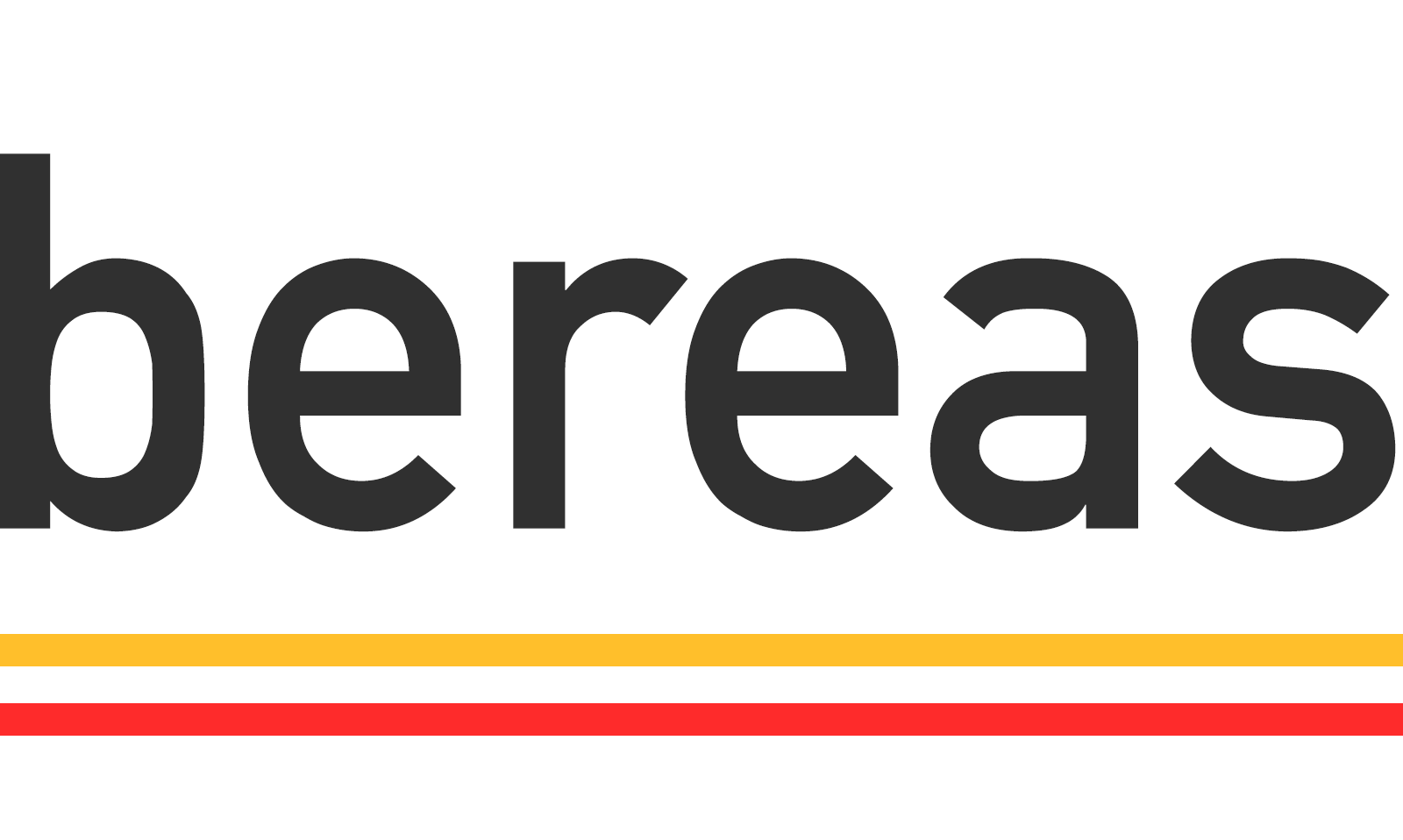Over the past few months, regulatory bodies from multiple EU countries have been working on unified recommendations on how to implement Article 28 of the NIS/2 directive. This original directive is critical for registrars, but it leaves much open to interpretation, creating room for individual countries to establish their own guidelines.
The Challenge of Differing Regulations
We’ve previously pointed out how these regulatory discrepancies could severely impact competition. Registrars in countries with stricter interpretations of Article 28 could find themselves at a significant disadvantage compared to those operating under more lenient regimes. Such regulatory fragmentation risks creating an uneven playing field in the domain registration industry, with compliance burdens varying significantly from one country to another.
Although the latest recommendations are crucial for all registrars to review, there’s no need to rush into implementing all of the suggested procedures. The recommendations are not binding at this stage, and it’s already evident that some countries are adopting a more relaxed approach.
The Goal of Harmonisation Falls Short
The initial intention behind these recommendations was to harmonize the implementation of Article 28 across the EU, ensuring uniform compliance and avoiding any undue competitive disadvantages. However, this objective has, for the moment, clearly failed. The disparity in national approaches means that registrars must remain cautious and stay informed on how their specific country intends to handle the directive.
Our Response: Meeting with BIPT
With these potential challenges in mind, we requested another meeting with the Belgian Institute for Postal Services and Telecommunications (BIPT). In a previous meeting, BIPT appeared eager to implement as much of the recommendations as possible. To strengthen our position, we sought support from various industry bodies, including Unizo, FeWeb, Becom, and BAM, all of whom back our cause.
We are pleased to report that in this latest meeting, BIPT demonstrated an understanding of the delicate position the Belgian domain name industry finds itself in. They acknowledged the risks of Belgium adopting a stricter rule set while neighboring countries take a more lenient stance. BIPT’s goal remains to eventually align with the procedures outlined in the recommendations, but only when this can be achieved in line with other EU countries’ implementations.
What’s Next for Belgian Registrars?
In the meantime, BIPT will continue to monitor progress on the implementation of Article 28 across the EU. However, they indicated that they might still take action if they receive complaints—particularly in cases where legitimate access seekers request registrant information and are provided with invalid or incomplete data.
Not taking any action is therefore not an option. For now, our advice to Belgian registrars is to focus on implementing best practices to enhance data quality. And to document such actions in case you would be requested in the future to proof which efforst have been made in order to improve data quality.
Conclusion
The road to harmonizing Article 28 across the EU is still uncertain, with each country moving at its own pace. We are however pleased that BIPT has indicated they no longer want to be the blindly implement procedural requirements and are now ready to take into account the negative side effect and especially the international character of the business.
